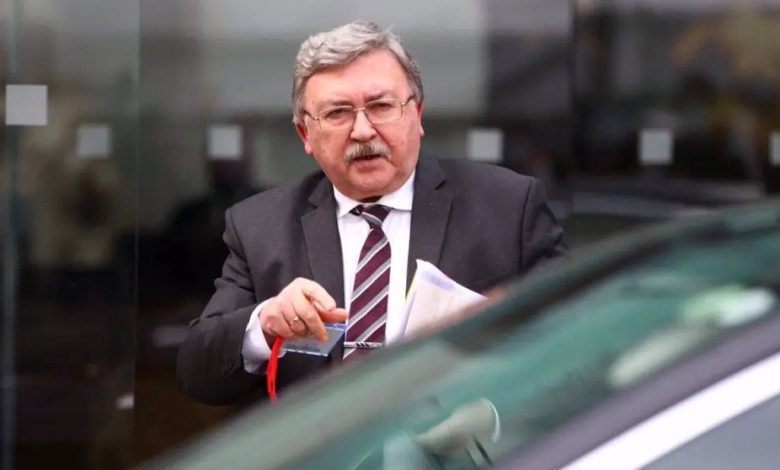Russia: Iran ‘absolutely right’ to ask US for guarantees in Vienna talks
Russia's top negotiator to the Vienna talks on the removal of anti-Iran sanctions, Mikhail Ulyanov, says Tehran is “absolutely right” to be asking for guarantees from Washington after the unilateral withdrawal of the country from the 2015 Iran nuclear deal, officially known as the Joint Comprehensive Plan of Action (JCPOA).

Ulyanov, who is also Russia’s ambassador to international organizations in the Austrian capital, made the remark in a post on his Twitter account early on Tuesday, in response to baseless anti-Iran allegations of Richard Goldberg — a member of the so-called Foundation for Defense of Democracies (FDD).
The Russian diplomat defended Iran’s stance on securing a guarantee from the American side so that Washington would not ditch the JCPOA just like what it did at the time of former US President Donald Trump in 2018.
“Some people don’t want to learn lessons from the failed maximum pressure policy. Iranians are absolutely right when they ask for guarantees against a repetition of this catastrophic adventure,” Ulyanov tweeted.
The United States unilaterally abandoned the multilateral nuclear deal in 2018 despite Iran’s full compliance with its nuclear undertakings, as repeatedly certified by the UN nuclear agency. The US then unleashed a “maximum pressure” campaign against Iran, which practically deprived the country of all of the deal’s economic benefits.
Iran and the remaining parties to the JCPOA – Russia, China, France, Britain, and Germany – have been holding talks in Vienna since April last year. Iran says it pursues the removal of all sanctions that the United States re-imposed on Iran following its withdrawal from the deal.
Iranian Foreign Minister Hossein Amir-Abdollahian reaffirmed on Monday that Tehran has no intention to waste time or derail the sanctions removal talks in Vienna, criticizing the West, particularly the US, for failing to present any innovative proposals in the negotiations.
“We assured Chinese officials that Iran is not playing with time or trying to derail the negotiations, and that we have made constructive, positive and realistic proposals at the negotiating table in Vienna,” Amir-Abdollahian said in an interview with China Global Television Network (CGTN) before wrapping up his official visit to Beijing.
On Friday evening, the eighth round of the talks was paused so that the diplomats could return to their respective capitals for consultations. However, the working groups on sanctions removal and sequencing the implementation of a probable agreement continued to work on draft texts on Sunday.
Iran says a lack of initiative among the Western parties to the Vienna deal is the main factor slowing down talks with Iran.







